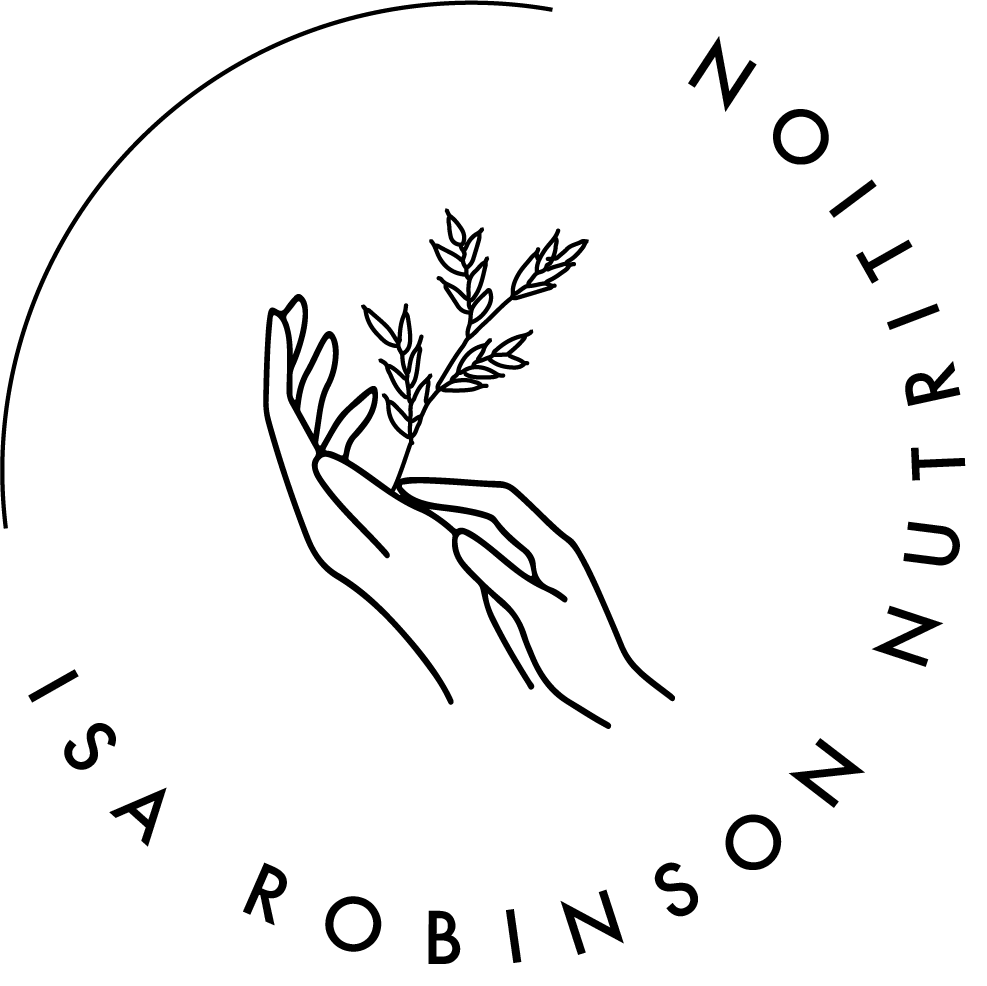The Roseto Effect
This is one of my absolute favourite vignettes on why '“health” is about so much more than just nutrition.
A town named Roseto, in Pennsylvania, settled by Italian immigrants was found to have a significantly lower mortality rate heart attacks during 1955 to 1965 than its immediate adjacent town, Bangor, and three other nearby communities (1). A local physician in the late 1950s noted that heart attacks were relatively uncommon among Roseto residents compared to the rest of the states. A retrospective study of mortality due to heart attack in Roseto from 1955 to 1961 showed an age-adjusted mortality in Roseto of 1/1000 men and 0.6/1000 women as compared to the average in the United States of 3.5/1000 for men and 2.09/1000 for women (2).
As you can imagine researchers at the time were desperate to answer the question, what is it about Roseto that’s resulting in fewer heart attacks? At first, the physicians thought, it must be the diet and an Italian style Mediterranean diet. However, when studying the diet in Roseto they found it actually wasn’t all that different from neighbouring towns.
Further studies and many years looking into the difference between the prevalence of and mortality of heart attack in Roseto and the neighbouring communities has provided evidence to suggest the lower mortality rate be attributed to important differences in culture and social connection among the different communities (2). The Rosetan culture made it distinct from its neighbours with its unique, closely-knit community that valued ethnic and social homogeneity, close family ties and cohesive community relationships.
The research carried out on these communities has concluded that the low mortality rate from heart attack in Roseto during 1955-1965 was not due to the way they ate or what they drank, but rather it was the social connection they had as a community that was the biggest predictor of longevity. This finding is consistent with other research findings that highlight the importance of social relationships. Other research has demonstrated that supportive relationships from family, friends and social organisations can act as buffers against stressful situations (2). A study found that people with stronger social relationships had a 50% increased likelihood of survival than those with weaker social relationships (3).
From Roseto, we learn about the importance of social connection to our health and wellbeing.



